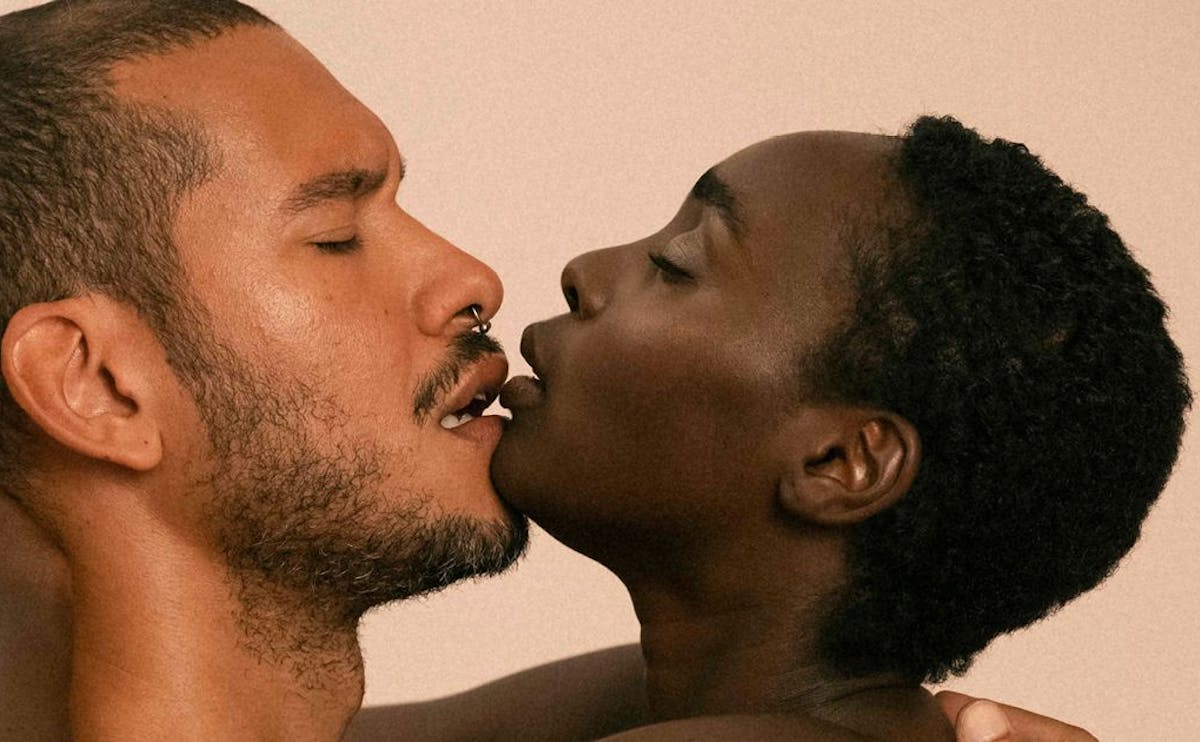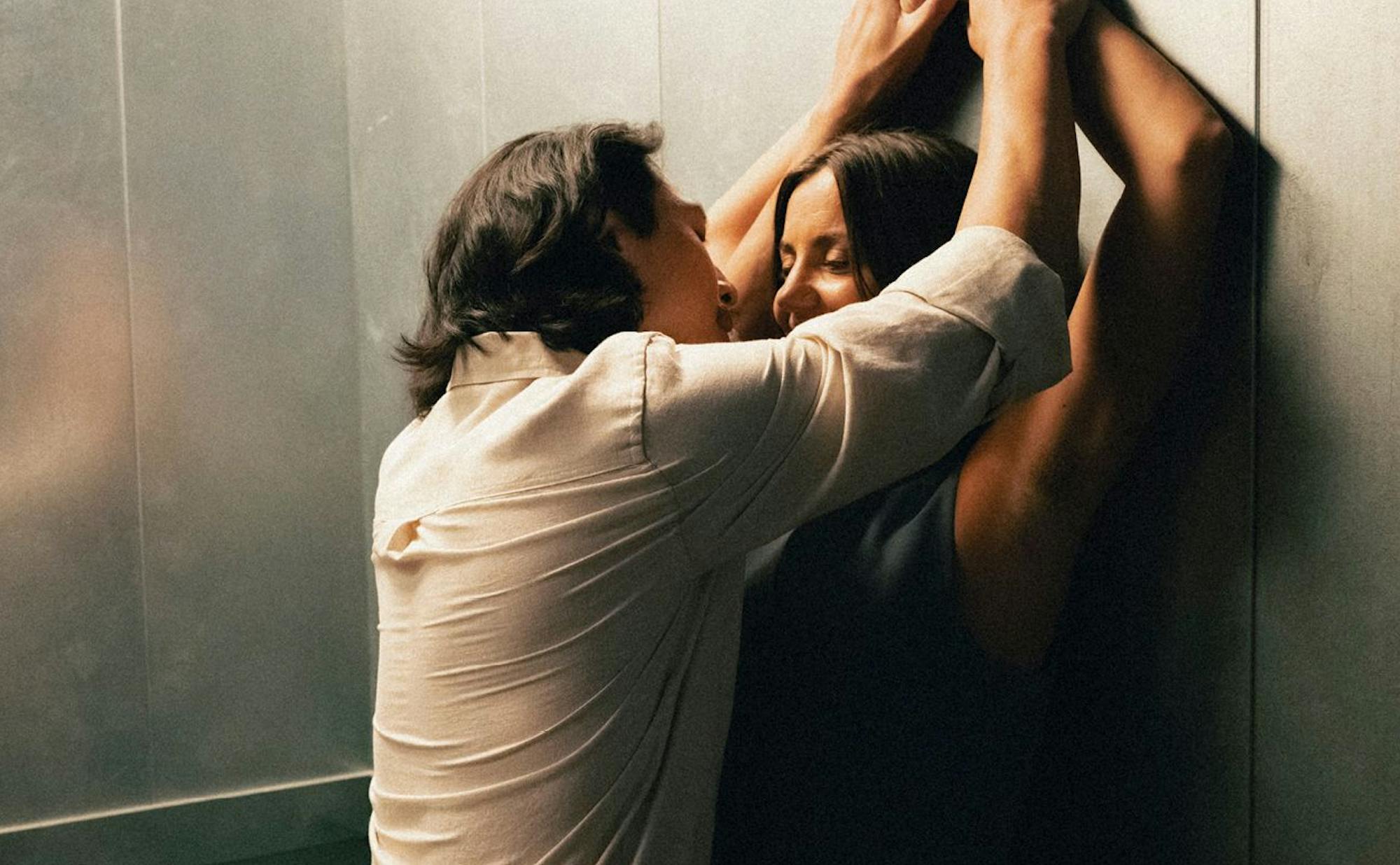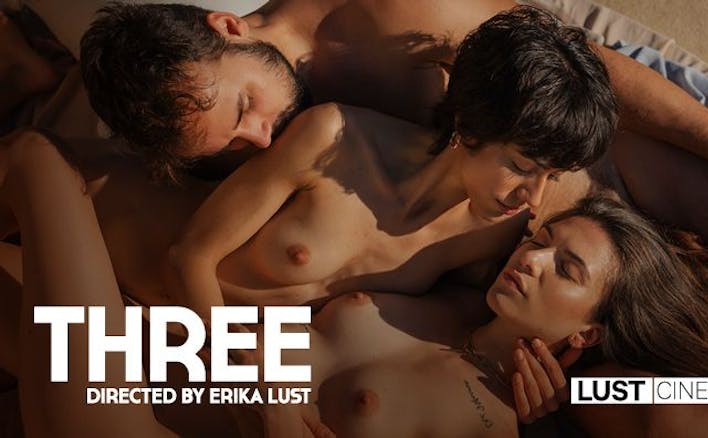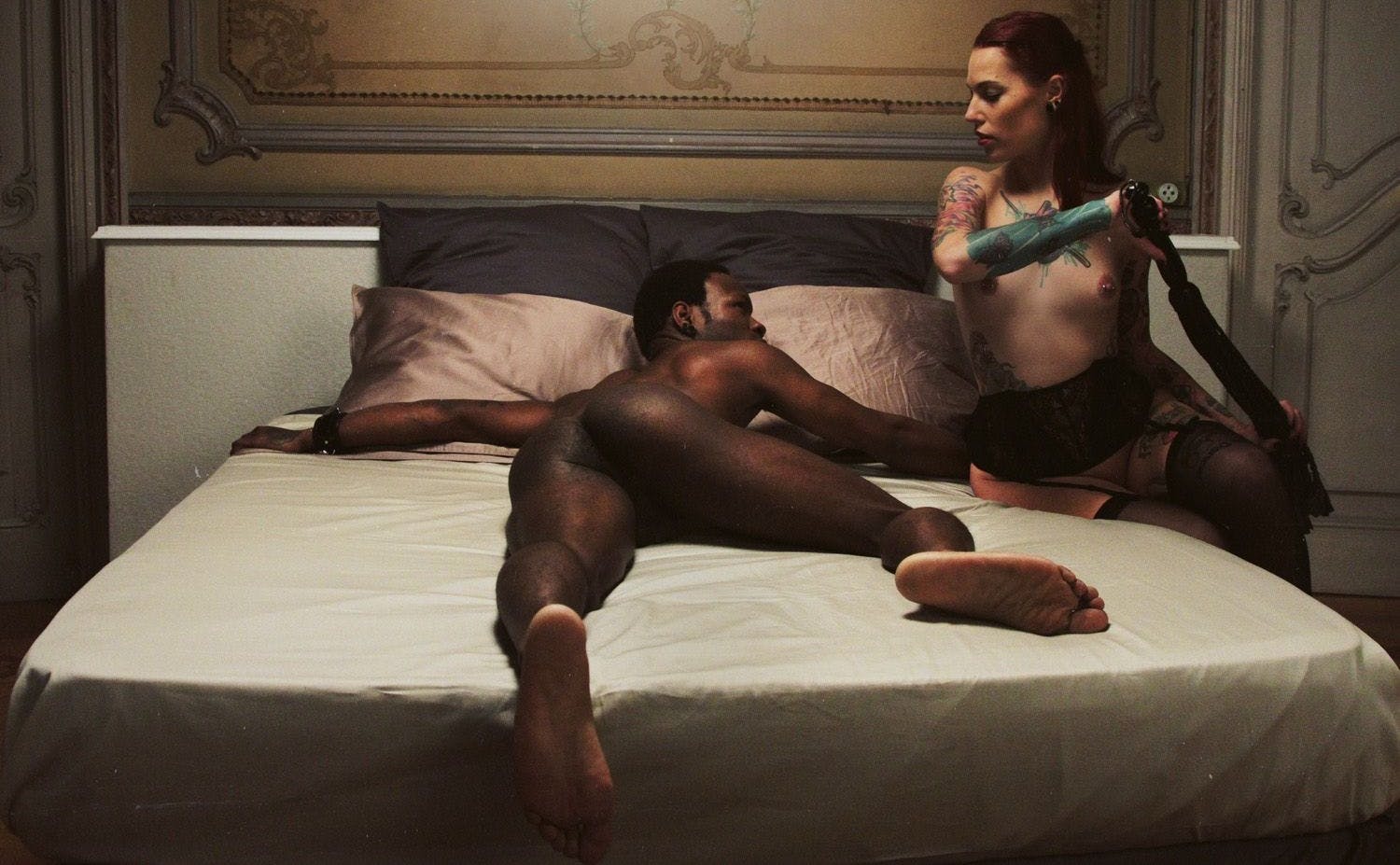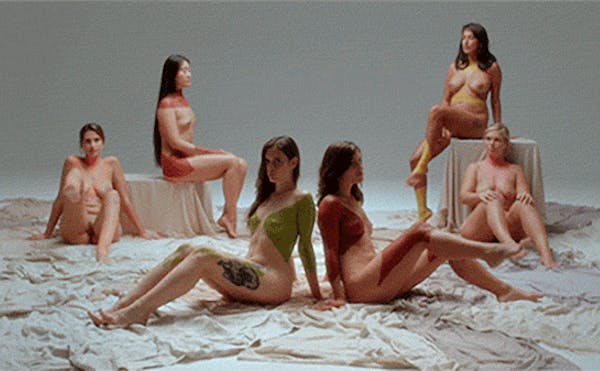

The Watch List: I May Destroy You by Michaela Coel
The Watch List: I May Destroy You by Michaela Coel
Welcome to The Watch List: a monthly feature where I choose a television series or movie that I’ve been watching and loving recently, and tell you why you should be watching it too. This month, 'I May Destroy You'.
Trigger warning: this article and the series in question deals with the topic of r* and sexual assault.*
'I May Destroy You' is a British drama series created, written, co-directed, and executive produced by the brilliant, double BAFTA winning, Michaela Coel. The series is set in London and follows Arabella, a young writer who is trying to piece her life back together after being drugged in a nightclub.
Coel plays Arabella and the story is loosely based on her own sexual assault in 2017 which took place when she was taking a break from writing her previous TV series ‘Chewing Gum’ in London. Each episode in the 12-part series explores the experience of sexual assault survivors head on and as Coel says, it “explores how consent can be stolen and the strange lines between liberation and exploitation in the modern world.”
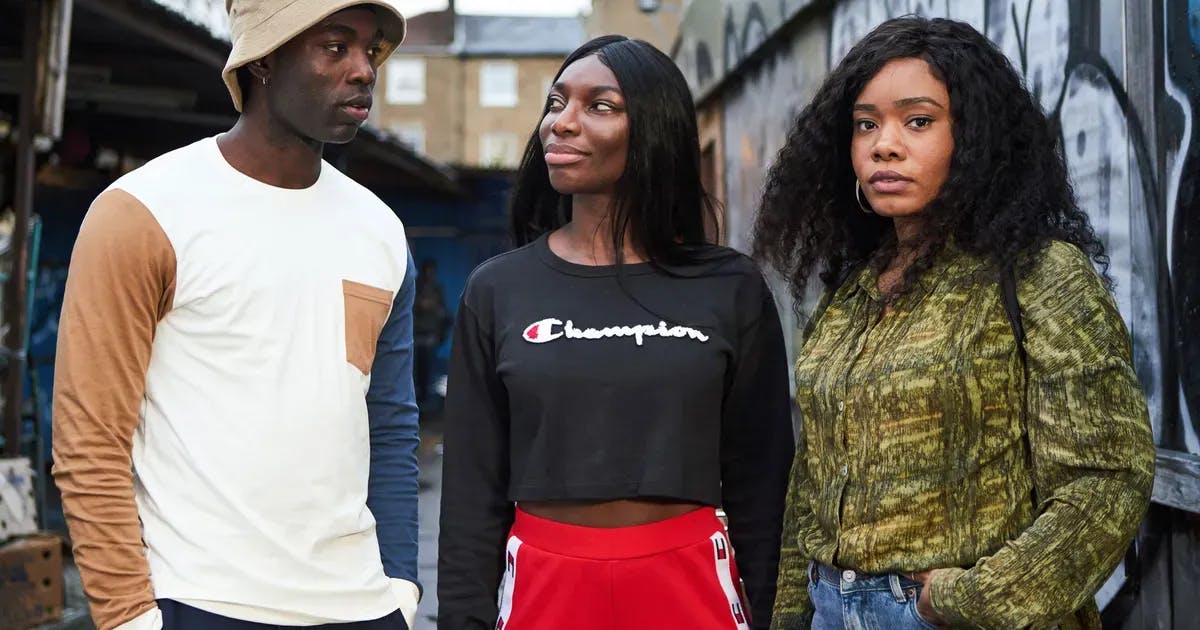
I May Destroy You
Why You Need To Watch It...
It delves into areas of #MeToo that we haven't spoken about yet
The series scrutinises different forms of consent and depicts with nuance the varying aspects of sexual assault. Each episode contains a violation of consent, sometimes it’s easy to spot, and other times it’s harder to notice. From the most mundane to the most violent, the series explores the way that any of us let boundary violations slide.
Coel constantly examines the space between consent and coercion, and the nuance that we don’t often see in our own experiences and she forces the viewer to pay attention to the grey areas of r
** and sexual assault. From the notion of stealthing (non-consensual removal of a condom during sex that is classed as r** in the UK) to how a consensual sexual experience can be immediately followed by a non-consensual assault with the same person at the same moment – the series makes you ask questions about consent that you hadn’t considered yet.
Representation of Black, women, queer, and immigrant voices
'I May Destroy You' centres Black, women, queer, and immigrant voices throughout through characters that defy stereotypes. As a lot of British TV drama tends to be whitewashed seeing an almost all-Black cast feels like a step in the right direction for representation on the small screen.
A realistic portrayal of what it's like to be a victim
The show is honest in it’s portrayal of the spectrum of responses to sexual assault. From anger to rage, and depression to numbness - it doesn’t rely on TV tropes to show a victim’s response. Arabella is messy and realistically flawed, her innocence isn’t used as a plot device to portray r victims for sympathy. She's imperfect and by showing her in this way, as a realistic character, viewers are able to see a realistic portrayal of themselves and the situations they may find themselves in.
Coel doesn't shy away from showing PTSD, memory lapse, and dissociation in her characters; all of the elements that can make up a victim's journey after sexual assault.
And a realistic portrayal of sex
Coel doesn’t only deal with sex as a form of attack and assault. She shows how desire and power are constantly evolving and doesn't shy away from dealing with complex sexual situations in a nuanced way.
Ita O'Brien was the intimacy coordinator for the show (and for Normal People too) and did a great job in choreographing the sex scenes to show sex that was sometimes abusive, but other times funny, touching and emotional too.
She leaves space for the viewer
Coel doesn’t tell you what to think or what’s right or wrong; she presents situations and lets the viewer bring their own experiences to the table to judge for themselves where the line is.
Once You've Finished I May Destroy You..
If you want to soak up some more of the genius that is Michaela Coel, I highly recommend that you check these out…
Read this: Profile feature ‘Michaela the Destroyer’ with Vulture
Watch this: Chewing Gum on Netflix or Channel 4
Listen to this: Michaela Cole on the podcast Grounded With Louis Theroux
Have something you want to recommend for the Watch List? Tell me about it in the comments!







